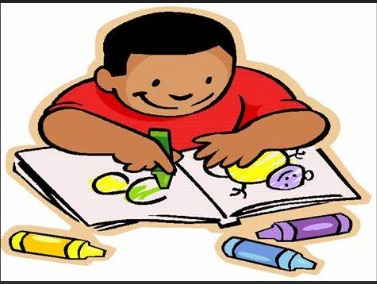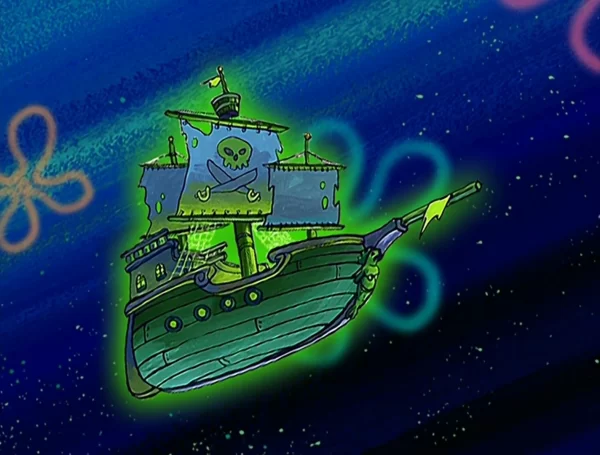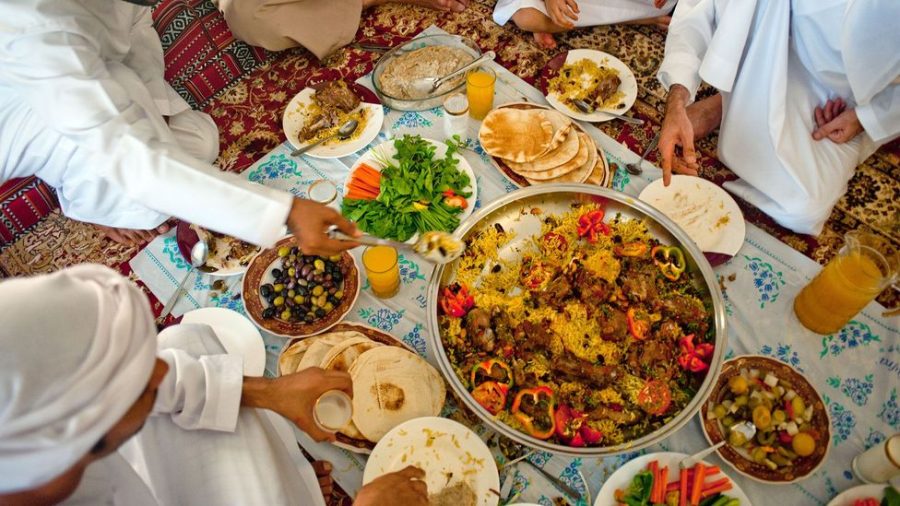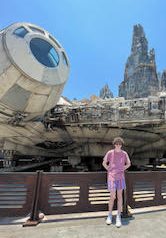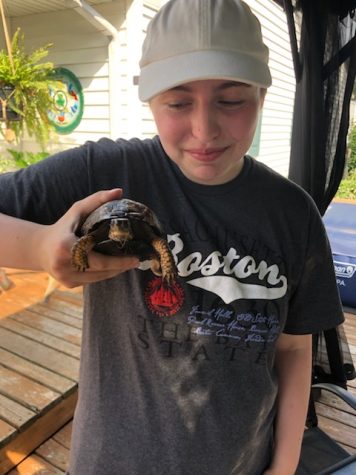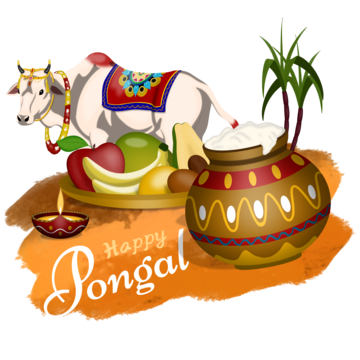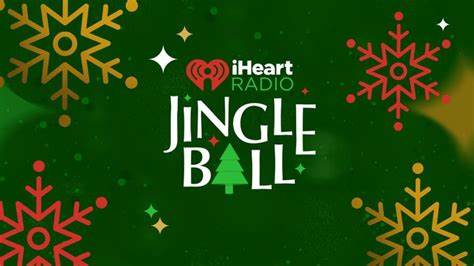Happy Ramadan!
April 19, 2023
With the turn of the season rounding the corner and the weather beginning to warm, the Court Street Press wants to wish a well Ramadan to all those celebrating!
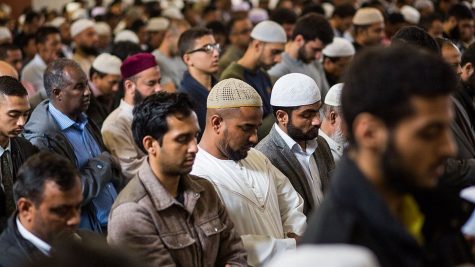
What is Ramadan?
Although it is not widely celebrated by the US in popular culture, over 1.9 billion people around the world are celebrating Ramadan. For those celebrating, this month is known in as a period of prayer, reflection, and community. Notably, the Islamic calendar follows a different structure from the Gregorian calendar that we use today. Ramadan falls from March 22nd to April 21st, which falls on the 9th month of the Islamic calendar. This month, in Islam, is also believed to be the holiest month, which is why they fast and pray to Allah (God in Islam).
Fasting, also known as ‘sawm’, is a form of restraint and reflection during Ramadan. In Arabic, “keeping with sawm” is “to refrain”, which includes sexual activity and other “immoral behavior”, not just the food that they consume. The period of which they fast, from sunrise to sunset, is called ‘fard’. Al healthy adult Muslims must follow fard. However, there is a list of those who are excluded: all acutely or chronically ill, travelling, elderly, breastfeeding, diabetic, or menstruating. If a woman misses periods of Ramadan due to their period, however, they “make up” the time by fasting longer than the holiday.
Food
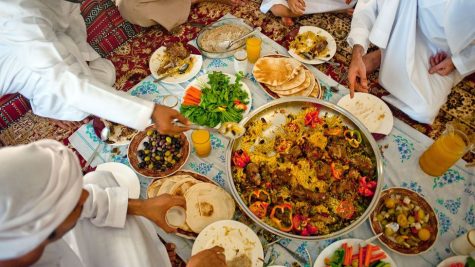
Other than fasting, many rituals and feasts are consumed by those who follow Islam. The morning meal before prayer, suhur (suhoor), consists of many traditional dishes such as ful medames (stewed fava beans), hummus, foul (fava bean dip), labneh (strained yogurt cheese), tahini, falafel, eggs with feta cheese and olives, omelet with tomatoes and onions, manakish (baked flatbread topped with za’atar spice mix).
Then, at dawn, the fast is broken with a meal known as “iftar”. This is usually a lighter meal, as it comes before the afternoon prayer. Traditionally, iftar is fruits, juice, milk, dates and water, which stems from the idea that the Prophet Muhammad ate three dates when breaking his fast. However, meals and traditions vary around the world.
Other than these two main meals, those celebrating may also eat anytime after or before these main meals! It is important during Ramadan to not compromise one’s health.
Prayer
Similar to Lent in Christian culture, Muslims use Ramadan as a period of restraint and self-reflection. Unlike Christianity, however, sawm is not a form of repentance. Rather, those celebrating Ramadan aim to do good deeds and to show their appreciation for Allah by giving to charity and being welcome to the people around them. In fact, “Zakat” is known as the fixed rate that should be given to the poor; during Ramadan, many Muslims will give more charity, as it is believed that good deeds are most rewarded during the holiday.
We hope you now know a lot more about Ramadan and support those you know who are fasting/celebrating the holiday!

